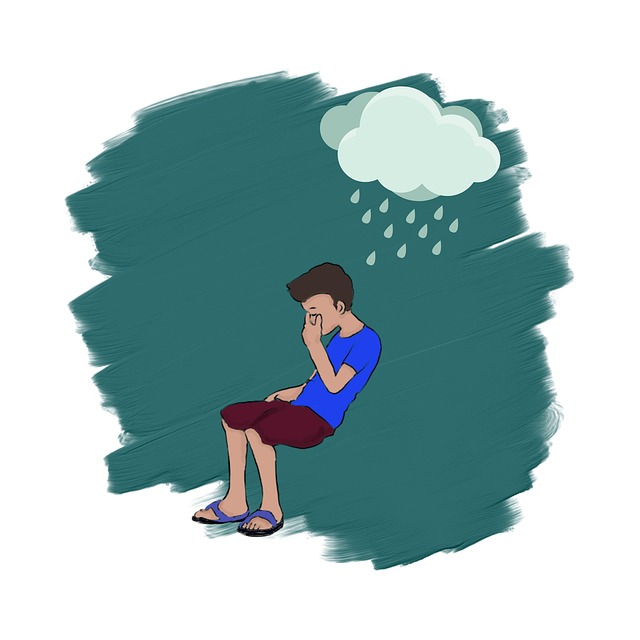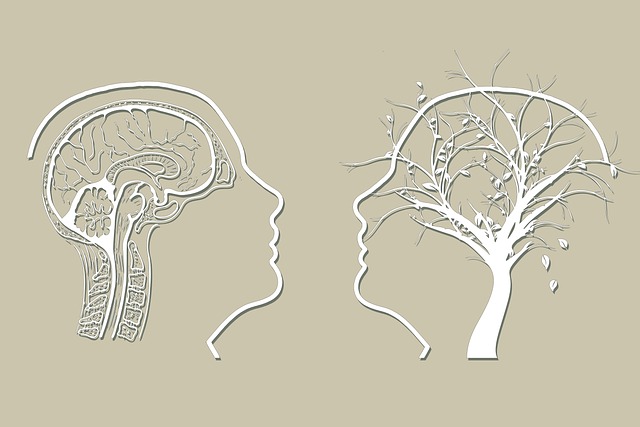Marketing a mental wellness app for Adult Sexual Abuse Survivors (ASAS) requires a sensitive, educational approach focusing on discretion, personalized support, and evidence-based practices. The strategy should highlight the app's ability to provide safe, convenient therapy alternatives, utilizing testimonials and mindfulness techniques. Targeted content, including articles and videos, addressing ASAS' unique healing needs, with keywords like "therapy for adults sexual abuse survivor," improves search visibility. Leveraging digital platforms, social media, and influencer partnerships expands reach, normalizes mental health conversations, and creates a supportive community for survivors' recovery journeys.
In today’s digital age, mental wellness apps offer crucial support for adults who have experienced sexual abuse. This article delves into a strategic marketing approach tailored for this sensitive demographic. We explore key aspects such as understanding the unique needs of adult sexual abuse survivors, prioritizing sensitivity and trust in app promotion, crafting effective content strategies, and leveraging digital platforms alongside influencer partnerships to reach and aid those in need of therapy.
- Understanding the Target Audience: Adult Sexual Abuse Survivors
- The Importance of Sensitivity and Trust in App Marketing
- Creating a Comprehensive Content Strategy for Mental Wellness Apps
- Utilizing Digital Platforms and Influencer Partnerships for Effective Outreach
Understanding the Target Audience: Adult Sexual Abuse Survivors

Understanding your target audience is a crucial step in developing an effective marketing strategy for a mental wellness app tailored to Adult Sexual Abuse Survivors (ASAS). These individuals often face unique and complex challenges related to their emotional well-being, stemming from traumatic experiences. Many ASAS may be reluctant to seek traditional therapy due to feelings of shame, fear of re-traumatization, or a lack of accessible and understanding support systems.
Marketing efforts should thus focus on highlighting the app’s ability to provide safe, discrete, and personalized support. Incorporate narratives and testimonials from ASAS who have benefited from similar digital solutions, emphasizing the discretion and convenience of accessing therapy and mental health resources from home. By addressing their specific needs and concerns, including offering Mindfulness Meditation practices for coping with stress and anxiety, as well as Mental Health Education Programs Design to foster self-awareness and healing, the app can position itself as a valuable tool in their journey towards recovery and improved mental wellness.
The Importance of Sensitivity and Trust in App Marketing

In developing a marketing strategy for a mental wellness app targeting adults who have experienced sexual abuse, sensitivity and trust are paramount. This demographic often faces complex emotional challenges, requiring a nuanced approach that avoids trivializing their experiences. Marketing efforts must prioritize education over sensation, presenting the app as a safe, non-judgmental space where users can explore and implement emotional healing processes and anxiety relief techniques tailored to their unique needs.
The language used in app promotions should foster trust, emphasizing confidentiality, evidence-based practices, and expert guidance. Highlighting success stories from adults who have successfully navigated their trauma through therapy can be powerful, demonstrating the app’s effectiveness while acknowledging that each person’s journey towards emotional regulation is deeply personal and distinct.
Creating a Comprehensive Content Strategy for Mental Wellness Apps

Developing a content strategy is a vital step in marketing mental wellness apps, especially when catering to a specific audience like adults who have experienced sexual abuse. This involves creating informative and engaging content that resonates with users’ unique needs and challenges. Focus on providing valuable resources, such as articles, blogs, or videos, that offer insights into healing processes, coping mechanisms, and personal growth strategies. For instance, themes like building inner strength, cultivating mindfulness, and sharing recovery stories can inspire hope and encourage users to take proactive steps towards mental wellness.
Integrate relevant SEO keywords naturally throughout the content while ensuring it remains reader-centric. Target phrases like “therapy for adults sexual abuse survivor” to optimize search visibility and attract a more engaged audience. Additionally, incorporate related topics like burnout prevention strategies for healthcare providers, as many survivors may be in this field, thus offering a holistic approach to well-being. A diverse content library will not only enhance user experience but also establish the app as a trusted guide on their journey towards healing and self-care.
Utilizing Digital Platforms and Influencer Partnerships for Effective Outreach

In today’s digital era, leveraging online platforms is paramount for reaching and supporting mental wellness app users, especially those seeking therapy for adults sexual abuse survivors. Social media, content marketing, and influencer partnerships can effectively spread awareness about available resources and build a sense of community among individuals dealing with complex emotional trauma. By collaborating with influencers who have personal experiences or expertise in mental health—including empathy building strategies—apps can gain credibility and attract target audiences.
Additionally, platforms like Instagram, YouTube, and TikTok offer spaces for sharing engaging content that normalizes conversations around mental health. This digital outreach not only facilitates access to therapy but also supports risk management planning for mental health professionals by fostering open dialogue. As Mental Health Awareness continues to grow, leveraging these digital tools can help create a supportive ecosystem, ensuring that survivors feel empowered to take the first step towards healing and recovery.
In developing a marketing strategy for mental wellness apps catering to adult sexual abuse survivors, understanding the unique needs and challenges of this demographic is paramount. By prioritizing sensitivity, trust, and an empathetic approach, as highlighted in this article’s sections, creators can effectively reach and support those seeking therapy for adults sexual abuse survivor issues. A well-crafted content strategy, combined with strategic digital platform usage and influencer partnerships, ensures that the right message gets to the right people, fostering a culture of healing and recovery.










